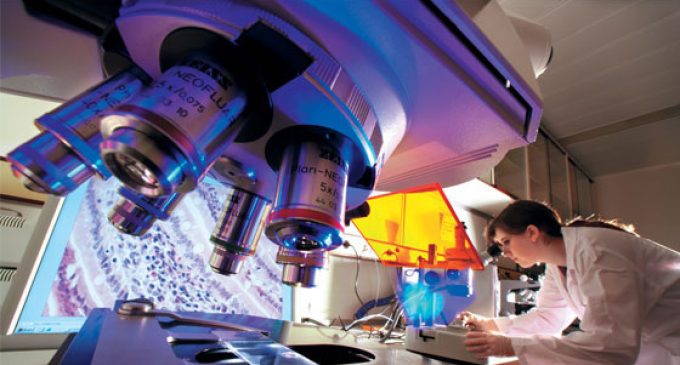Nestlé Reports Weak Sales But Margins Improve

Nestlé has reported a 0.4% increase in sales to SFr89.8 billion (€77.7 billion) for 2017. Net divestments reduced sales by 1.9%, largely related to the creation of the Froneri ice cream joint venture. Foreign exchange had a minimal negative impact of 0.1%. Organic growth was 2.4%, with 1.6% of real internal growth (RIG) and pricing of 0.8%. Organic growth was 0.7% in developed markets and 4.8% in emerging markets.
Nestlé’s underlying trading operating profit increased by 2.9% to SFr14.7 billion in 2017. The underlying trading operating margin was up 50bps in constant currency, and up 40bps on a reported basis to 16.4%. This improvement puts Nestlé on track to meet its 2020 target.
 Margin expansion was supported by operating efficiencies and successful execution of ongoing restructuring initiatives. These cost savings largely offset the increase in commodity costs of around SFr900 million.
Margin expansion was supported by operating efficiencies and successful execution of ongoing restructuring initiatives. These cost savings largely offset the increase in commodity costs of around SFr900 million.
Restructuring expenditure and net other trading items increased by SFr900 million to SFr1.5 billion due to the acceleration of restructuring projects. As a consequence, trading operating profit decreased by 3.4% to SFr13.2 billion. The trading operating profit margin decreased by 60bps on a reported basis to 14.7%.
Net profit decreased by 15.8% to SFr7.2 billion and earnings per share decreased by 15.8% to SFr2.32. This was mainly due to an impairment of goodwill related to Nestlé Skin Health, which was taken to reflect the current prospects of the business. Underlying earnings per share increased by 4.7% in constant currency and by 4.6% on a reported basis to SFr3.55.
Mark Schneider, chief executive of Nestlé, says: “Our 2017 organic sales growth was within the guided range but below our expectations, in particular due to weak sales development towards the end of the year. Sales growth in Europe and Asia was encouraging while North America and Brazil continued to see a challenging environment. Our cost reduction initiatives delivered margin improvement ahead of 2017 expectations, in spite of considerable commodity price increases.”
 Nestlé Nutrition Re-organization
Nestlé Nutrition Re-organization
As announced on November 15, 2017, the Nestlé board decided to change the organization of the infant nutrition business to enhance the company’s ability to win in this high-growth category. Effective from January 1, 2018, infant nutrition moved from the globally-managed Nestlé Nutrition business unit to a regionally-managed business reported within Zones AMS, EMENA and AOA. The new organization creates a more agile and efficient structure. This will enable the business to respond faster to rapidly-changing local consumer preferences, evolving regulation, and customer and channel demand for tailor-made solutions.
Portfolio Management
Nestlé has made good progress in the execution of its portfolio management strategy. The group is actively evolving its portfolio towards high-growth, high-margin categories which offer differentiation and value creation opportunities.
As announced on December 5, 2017, Nestlé agreed to acquire privately-held Atrium Innovations, a global leader in nutritional health products for US$2.3 billion in cash. The move supports Nestlé’s strategy to prudently pursue opportunities in consumer healthcare to complement its focus on high-growth food and beverage categories. The transaction is expected to close in the first quarter of 2018, following the completion of customary approvals and closing conditions.
As announced on January 16, 2018, Nestlé has agreed to sell its US confectionery business to Ferrero for US$2.8 billion in cash. The transaction is expected to close around the end of the first quarter of 2018, following the completion of customary approvals and closing conditions.
Mark Schneider continues: “During the past months, we have completed initial portfolio adjustments with very favourable results. We will continue this active portfolio management approach in a disciplined manner and fully in line with our strategy. Regarding our core portfolio, accelerating our growth through product innovation and renovation is high on the agenda. Organic sales growth is expected to improve in 2018 and we are firmly on track for our 2020 margin improvement target.”
Nestlé is projecting organic sales growth of between 2% and 4% for 2018.
2018 Strategic Developments
Nestlé’s board has decided to explore strategic options, including a potential sale, for its Gerber Life Insurance business. This business was part of the Gerber acquisition from Novartis in 2007. Its 2017 sales were SFr840 million. Nestlé remains fully committed to retain and develop the Gerber baby food business, which is an integral part of our infant nutrition growth platform.


































